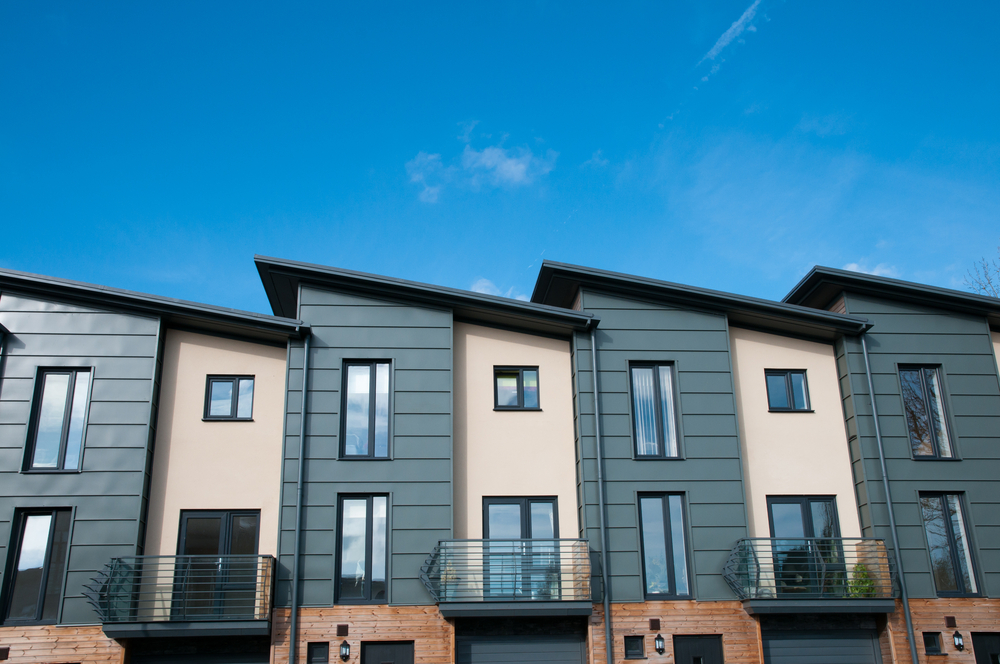The planned withdrawal of the Help to Buy mortgage guarantee scheme would see the time needed to save for a deposit increase to more than a decade, mortgage insurer Genworth says.
 Right now under the government scheme (also known as Help to Buy 2), first-time buyers need as little as a 5 per cent deposit to qualify for a mortgage.
Right now under the government scheme (also known as Help to Buy 2), first-time buyers need as little as a 5 per cent deposit to qualify for a mortgage.
However Help to Buy 2 is scheduled to end in 2017, at which point Genworth predicts a return to 20 per cent deposits – likely pricing many people out of the market.
Genworth spokesman Simon Crone compares trying to buy a first house right now to chasing a runaway train.
“Even with good salaries that could comfortably support a mortgage, thousands of aspiring first-time buyers can only save modest sums – especially those who are already paying rent.
“This deposit trap is why many feel they are left with the all-or-nothing choice of borrowing from family or waving goodbye to ever owning a home.
“Help to Buy has significantly improved access to mortgages with deposits that are actually realistic to save. The numbers using the scheme may be modest, but it has made significant inroads in the short-term to boost access at the lower end of the property market.
“The danger is that its limited lifespan leaves the hopes of many aspiring homeowners hanging in the balance. There is room to iron out flaws in the scheme – for example, by lowering the £600,000 upper limit. But we need an exit strategy and longer term plan that does not pull the plug out from first time buyer lending in 2017.”
[box style=”2”]
BY THE NUMBERS
In 2017 the average first-time buyer property price will reach £173,308, according to the Bank of England, so a 5 per cent deposit would amount to £8,665.
Genworth’s research among aspiring first-time buyers shows those who can afford to save for a deposit can put aside £246 on average each month.
With 3 per cent annual interest, someone who started saving today would need two years and 10 months to reach £8,655 and would hit this target by July 2017.
But the end of Help to Buy 2 in the first quarter of 2017 will presumably bring with it a return to 20 per cent deposits, as seen in 2011-13. That leaves a first-time buyer would need to save £34,662 by 2017 to buy the same house.
With monthly savings of £246 gaining 3 per cent annual interest, it would take more than seven years longer (10 years and 2 months in total) to hit that target.
Genworth’s prediction is dire: Anyone starting to save today would not hit that target until November 2024 – by which time an extra 7¾ years of house price growth would be likely to mean they are still left stranded.
[/box]










 Buy-to-let
Buy-to-let











